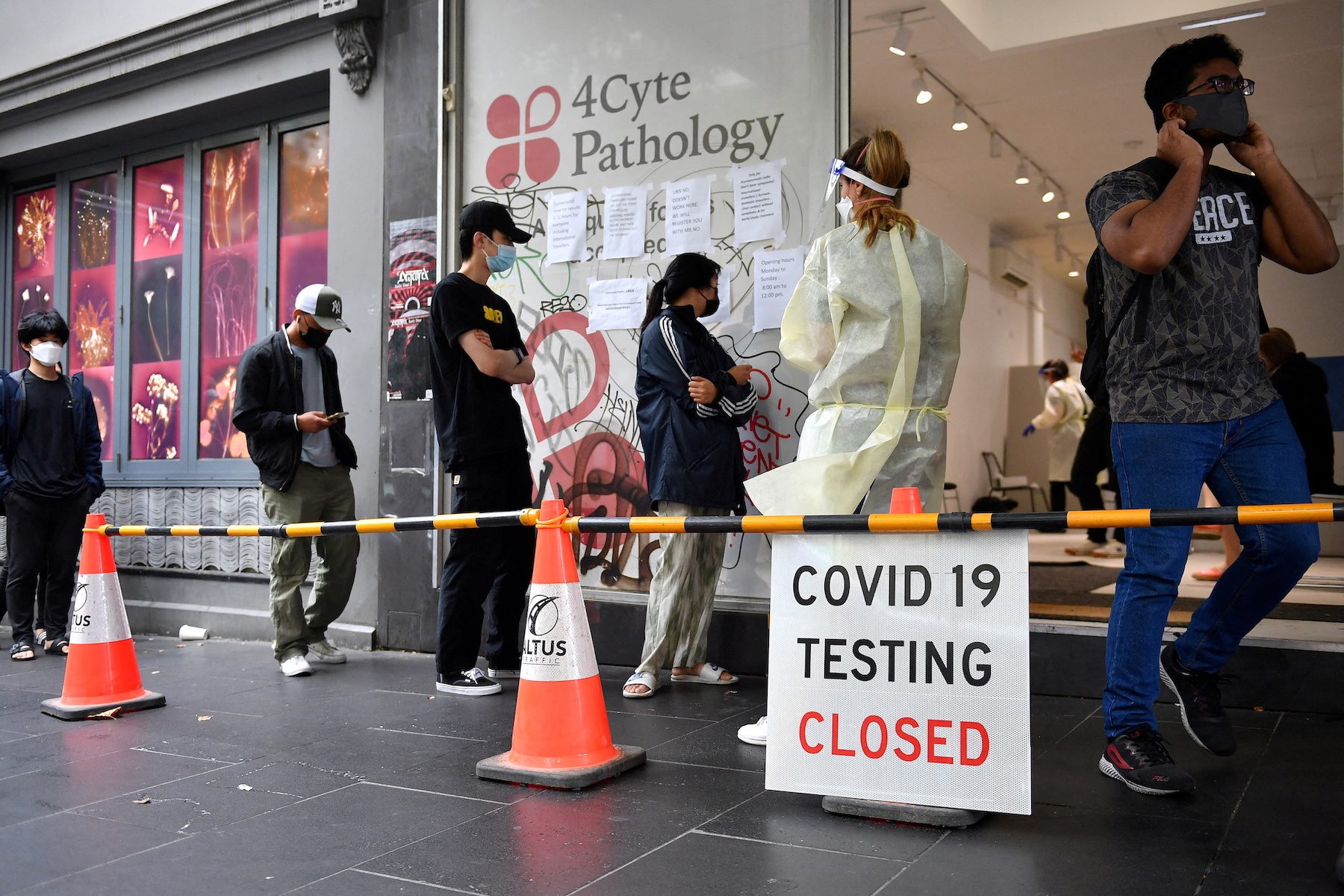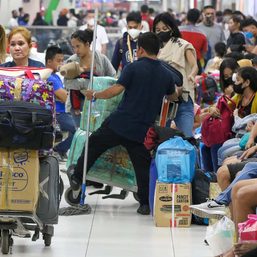SUMMARY
This is AI generated summarization, which may have errors. For context, always refer to the full article.

Australia has seen a record surge in COVID-19 infections due to the Omicron variant, which has strained supply chains, overwhelmed hospitals, and clouded the outlook of firms that were just recovering from the impact of the Delta outbreak.
The country has reported nearly 1.3 million cases over the last two weeks, with its most populous states, New South Wales and Victoria, bearing the brunt.
Companies have had to shelve plans to ramp up their business, flag a hit to earnings, or earmark additional costs, as Omicron has thrown a spanner in the works of businesses that sought a brighter outlook for 2022.
Here is a list of companies that have warned of a hit from the outbreak:
Wesfarmers
The retail conglomerate said rising Omicron cases had led to weaker trading conditions over Christmas and subdued traffic to its stores in the first half of January, while also disrupting its supply chain and stock availability as employees at its distribution centers missed work due to COVID-19.
Qantas Airways
The airline pared about a third of its planned domestic and international capacity for the March quarter to better match travel demand after a rise in COVID-19 infections.
Virgin Australia
The airline said it would reduce capacity across its network by around 25% for part of January and for February due to reduced travel demand and staff being required to isolate.
Bega Cheese
The cheese maker issued a profit warning that sent its shares tumbling, as it said the impact from COVID-19 had been “extensive and significant.”
Inghams Group
The poultry producer said the rapid spread of Omicron was partly responsible for impacting supply chain, operations, and sales. It said staff shortages due to COVID-19 were hurting its production volume and operational efficiency.
– Rappler.com
Add a comment
How does this make you feel?










There are no comments yet. Add your comment to start the conversation.